Coenzyme Q10 supplementation, already especially well-regarded for the prevention and adjunctive treatment of heart failure, has biological importance for immune system function [Mortensen 2014; Mortensen 2019].
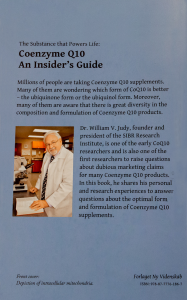
The best guide to clinical studies of Coenzyme Q10 supplementation is Dr. William Judy’s Insider’s Guide to Coenzyme Q10, available from amazon.com. ISBN: 978-87-7776-186-7.
Administration of Coenzyme Q10 is also recommended for the treatment of statin-associated muscle symptoms [Raizner & Quiñones 2021].
Randomized controlled clinical studies have also shown that CoQ10 supplementation can help to prevent or treat such disorders as diabetes [Mantle 2017], non-alcoholic fatty liver disease [Mantle 2020], chronic kidney disease [Hargreaves 2019], and migraine [Sazali 2021].
Coenzyme Q10 and the Immune System
By comparison, there are very few clinical studies of the effect of CoQ10 supplementation on components of the innate or adaptive immune systems. Even so, Coenzyme Q10 has biological functions of relevance to immune function, prominent among them the antioxidative and anti-inflammatory roles of Coenzyme Q10 [Mantle 2021].
Coenzyme Q10 Supplementation and Inflammation
Inflammation is usually a normal immune response to infection or injury; however, chronic inflammation is not normal and has been associated with several autoimmune and degenerative disorders. Randomized controlled studies have shown that CoQ10 supplementation can mitigate systemic inflammation. CoQ10 supplementation is significantly associated with the reduction of blood bio-markers for inflammation [Mantle 2021]:
- C-reactive protein
- interleukins 1 and 8
- tumor necrosis factor-alpha
Fan et al [2017] did a meta-analysis of 17 randomized controlled studies that showed a significant lowering effect of CoQ10 supplementation on the pro-inflammatory bio-markers:
- C-reactive protein
- interleukins 6
- tumor necrosis factor-alpha
In the KiSel-10 Study, Alehagen et al [2015, 2018, 2019] showed that daily supplementation with a combination of 200 mg of Coenzyme Q10 and 200 mcg of organic selenium resulted in the reduced plasma levels of six bio-markers for systemic inflammation [Alehagen 2015; Alehagen 2019].
Coenzyme Q10 Supplementation and Infections
Mantle [2021] makes two important points about the relationship between Coenzyme Q10 and infections:
- In several clinical studies, sub-optimal CoQ10 levels have been associated with increased susceptibility to infection.
- In a randomized controlled trial, supplementation of elderly patients with pneumonia with 200 mg of Coenzyme Q10 daily for 14 days significantly improved the patients’ recovery as compared to a placebo administration. The CoQ10 supplementation was significantly associated with a reduction of the period in which the patients showed symptoms of pneumonia and a reduction of the duration of antibiotic treatment needed.
Coenzyme Q10 Supplementation and Covid-19 Infections
Mantle [2021] reports that, in a large population study, the intake of Coenzyme Q10 was associated with significantly reduced risk of hospitalization with a SARS-CoV-2 infection. Possible mechanisms for this effect of Coenzyme Q10 could be the following:
- prevention of the virus’ taking over the mevalonate pathway to produce cholesterol (as the virus needs cholesterol both to enter the cells and to replicate itself)
- reduction of virus-induced oxidative stress
- promotion of bio-energetics in the mitochondria

For all of his career, Dr. William Judy, president of SIBR Research, has been interested in the effect of Coenzyme Q10 on heart muscle function and also in the effect on chronic fatigue syndrome and other low-energy disorders.
Coenzyme Q10 Supplementation and Activation of Immune System Cells
As of this writing (mid-2021), there is not much clinical study evidence of a beneficial effect of Coenzyme Q10 on components of the immune system.
- Folkers et al. [1993] reported that Coenzyme Q10 alone and in combination with vitamin B6 (pyridoxine) significantly increased the levels of T4-lymphocytes and immunoglobulin IgG.
- Barbieri et al. [1999] administered Coenzyme Q10 – 180 mg/day for 90 days – to individuals being vaccinated for hepatitis B. The CoQ10 supplementation was associated with a significant increase (of 57%) in antibody response to hepatitis B surface antigen, compared to the placebo.
- Brauner et al. [2014] treated patients with type-1 diabetes with 100 mg of Coenzyme Q10 two times per day for 3 months. The CoQ10 supplementation improved Natural Killer cell activity compared to placebo.
Coenzyme Q10 Supplementation and Immune Function of Athletes
Mantle et al. [2021] point out that whereas moderate-intensity exercise for relatively short periods will benefit the immune system, high-intensity exercise and prolonged exercise are likely to depress immune function and make athletes more susceptible to infections over the long term.
Some clinical studies have shown that supplementation with Coenzyme Q10 improves immune function in high-intensity athletes.
- Prevented adverse effects of pro-inflammatory cytokines in elite swimmers [Emami 2020]
- Slowed down the increase of monocytes associated with inflammation in kendo athletes [Shimizu 2015]
- Reduced levels of pro-inflammatory cytokines in junior athletes [Trushina 2019]
Summary: CoQ10 Dosage and Safety and Bio-availability for Immune Function
Dosage
Mantle et al. [2021] report that therapeutic target plasma levels of Coenzyme Q10 for optimal immunomodulation have not yet established. In this context, Mantle et al. [2021] note that plasma CoQ10 level of 4.6 micromol/L (= 3.97 mg/L) has been most effective in slowing functional decline in Parkinson’s disease patients [Shults 2004].
Safety
CoQ10 supplementation is safe and well-tolerated; the known upper safe limit for daily intake is 1200 mg.
- No serious adverse effects have been reported in long-term use.
- Mild gastrointestinal disturbances are a very rare side effect.
- No known toxic effects exist with oral administration.
- Coenzyme Q10 cannot be overdosed.
- Coenzyme Q10 has been used safely in more than 200 randomized controlled trials.
Bio-availability
A double-blind crossover bioavailability study by López-Lluch et al. [2019] has shown that the absorption and bioavailability of exogenous Coenzyme Q10 depend much more on the formulation of the supplement than on the form of the Coenzyme Q10. In their study, a well-formulated ubiquinone supplement with a patented mix of carrier oils and a patented heating and cooling process significantly outperformed a patented ubiquinol supplement and other ubiquinone products.
Absorption of Coenzyme Q10 is enhanced if the supplement is taken together with a meal containing some fat and if the dose is divided over the course of the day. For example, 2 x 100 mg will give a better absorption than 1 x 200 mg will do [Judy 2018].
Sources
Alehagen U, Alexander J, Aaseth J, Larsson A. Decrease in inflammatory biomarker concentration by intervention with selenium and coenzyme Q10: a sub-analysis of osteopontin, osteoprotergerin, TNFr1, TNFr2 and TWEAK. J Inflamm (Lond). 2019 Mar 18;16:5.
Alehagen U, Aaseth J, Alexander J, Johansson P. Still reduced cardiovascular mortality 12 years after supplementation with selenium and coenzyme Q10 for four years: A validation of previous 10-year follow-up results of a prospective randomized double-blind placebo-controlled trial in elderly. PLoS One. 2018 Apr 11;13(4):e0193120.
Alehagen U, Lindahl TL, Aaseth J, Svensson E, Johansson P. Levels of sP-selectin and hs-CRP Decrease with Dietary Intervention with Selenium and Coenzyme Q10 Combined: A Secondary Analysis of a Randomized Clinical Trial. PLoS One. 2015 Sep 16;10(9):e0137680.
Barbieri, B.; Lund, B.; Lundström, B.; Scaglione, F. Coenzyme Q10 administration increases antibody titer in hepatitis B vaccinated
volunteers—A single blind placebo-controlled and randomized clinical study. Biofactors. 1999;9:351–357.
Brauner, H.; Lüthje, P.; Grünler, J.; Ekberg, N.; Dallner, G.; Brismar, K.; Brauner, A. Markers of innate immune activity in patients with type 1 and type 2 diabetes mellitus and the effect of the anti-oxidant coenzyme Q10 on inflammatory activity. Clin. Exp.Immunol. 2014;177:478–482.
Fan L, Feng Y, Chen GC, Qin LQ, Fu CL, Chen LH. Effects of coenzyme Q10 supplementation on inflammatory markers: A systematic review and meta-analysis of randomized controlled trials. Pharmacol Res. 2017 May;119:128-136.
Folkers, K.; Morita, M.; McRee, J. The activities of coenzyme Q10 and vitamin B6 for immune responses. Biochem. Biophys. Res. Commun. 1993;193:88–92.
Hargreaves, I.; Mantle, D.; Milford, D. Chronic kidney disease and coenzyme Q10 supplementation. J. Kidney Care. 2019;4:82–90.
Mantle D, Heaton RA, Hargreaves IP. Coenzyme Q10 and immune function: An overview. Antioxidants. 2021;10:759.
Mantle, D. Coenzyme Q10 supplementation for diabetes and its complications: An overview. Br. J. Diabetes, 2017;17:145–148.
Mantle, D.; Hargreaves, I.P. Coenzyme Q10 supplementation in non-alcoholic fatty liver disease: An overview. J. Prescr. Pract. 2020:2:200–204.
Mortensen SA, Rosenfeldt F, Kumar A, Dolliner P, Filipiak KJ, Pella D, Alehagen U, Steurer G, Littarru GP; Q-SYMBIO Study Investigators. The effect of coenzyme Q10 on morbidity and mortality in chronic heart failure: results from Q-SYMBIO: a randomized double-blind trial. JACC Heart Fail. 2014 Dec;2(6):641-9.
Mortensen AL, Rosenfeldt F, Filipiak KJ. Effect of coenzyme Q10 in Europeans with chronic heart failure: A sub-group analysis of the Q-SYMBIO randomized double-blind trial. Cardiol J. 2019;26(2):147-156.
Raizner AE, Quiñones MA. Coenzyme Q10 for Patients with Cardiovascular Disease: JACC Focus Seminar. J Am Coll Cardiol. 2021 Feb 9;77(5):609-619.
Sazali S, Badrin S, Norhayati MN, Idris NS. Coenzyme Q10 supplementation for prophylaxis in adult patients with migraine: a meta-analysis. BMJ Open. 2021 Jan 5;11(1):e039358.
The information presented in this review article is not intended as medical advice and should not be used as such.
30 July 2021


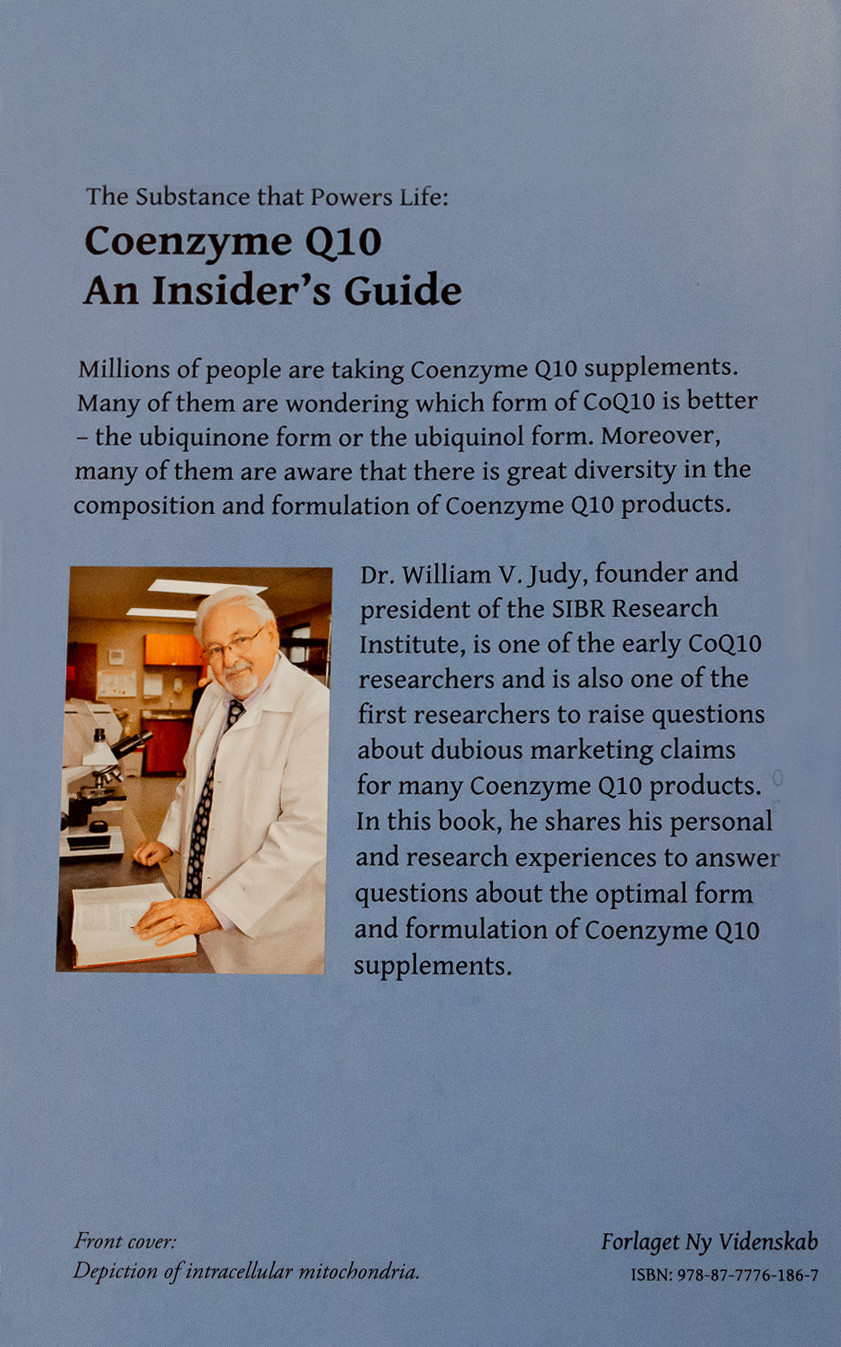
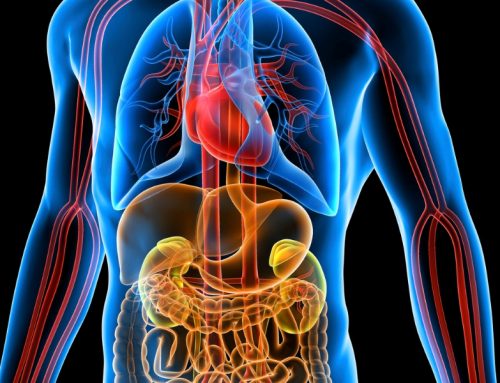
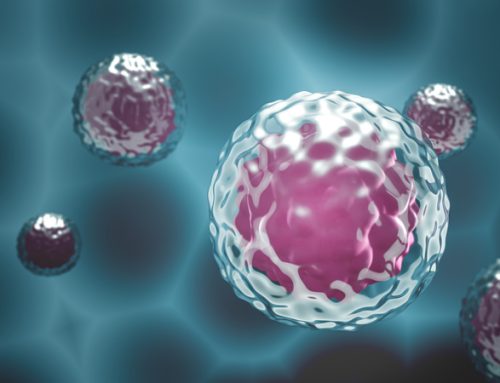
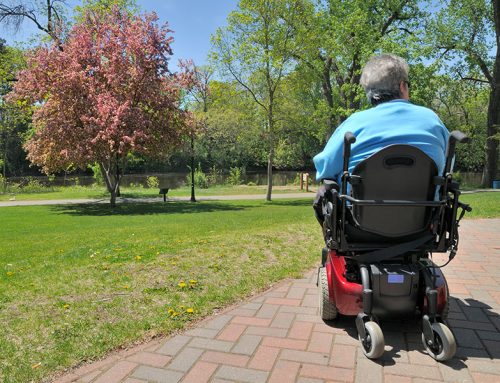
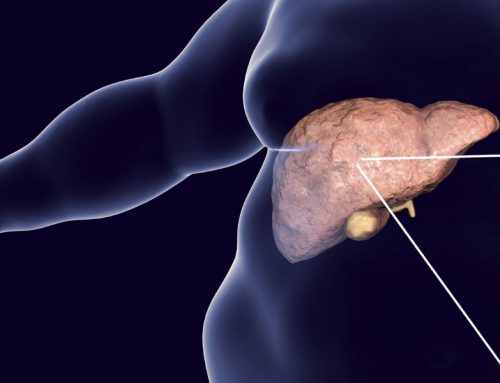
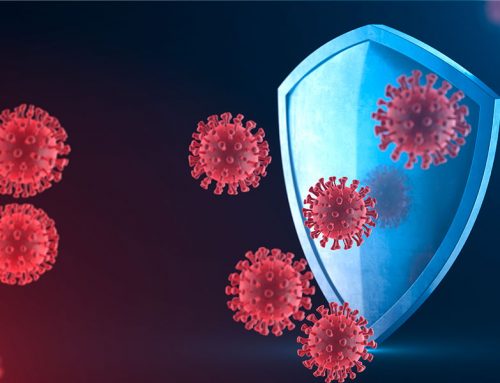
Leave A Comment